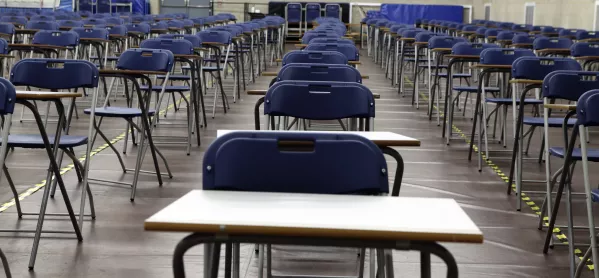If teachers and pupils weren’t under enough pressure in the run-up to GCSEs, new research has quantified the potentially life-changing impact missing a grade can have on a young person.
According to a study by the Centre for Vocational Education Research, narrowly failing to achieve a grade C in English language decreases the probability of enrolling on a higher-level qualification by at least 9 percentage points by age 19.
There is a similarly large effect on the probability of achieving a higher academic or vocational qualification by age 19. These level 3 qualifications - which include A-levels - are needed to get into university and help people get a job with good wage prospects.
Those narrowly missing the C grade are less likely to enter higher education by 19, and are more likely to drop out of education at age 18.
According to CVER’s research, it increases the chance of dropping out by four percentage points, where the national average is 12 per cent, and increases the chance of becoming ‘not in education, training or employment’ (NEET) by about 2 percentage points.
Jennifer Ruiz-Valenzuela, who carried out the research, said “the fact that there are such big consequences from narrowly missing out on a C grade suggests that there is something going wrong within the system”.
“It suggests that young people are not getting the support they need if they fail to make the grade (even narrowly).
“In a well-functioning education system, there would be ladders for the marginal student - or at least alternative educational options with good prospects. Our study suggests that the marginal student who is unlucky pays a high price.”
Dr Ruiz-Valenzuela added: “Other educational options available to people who cannot immediately enter higher academic or vocational education are failing to help a significant proportion of young people make progress up the educational ladder.
“This is symptomatic of an important source of inequality in education, with associated negative long-term economic consequences for young people who just fail to pass such an important high-stakes national exam taken at the end of compulsory schooling.”




